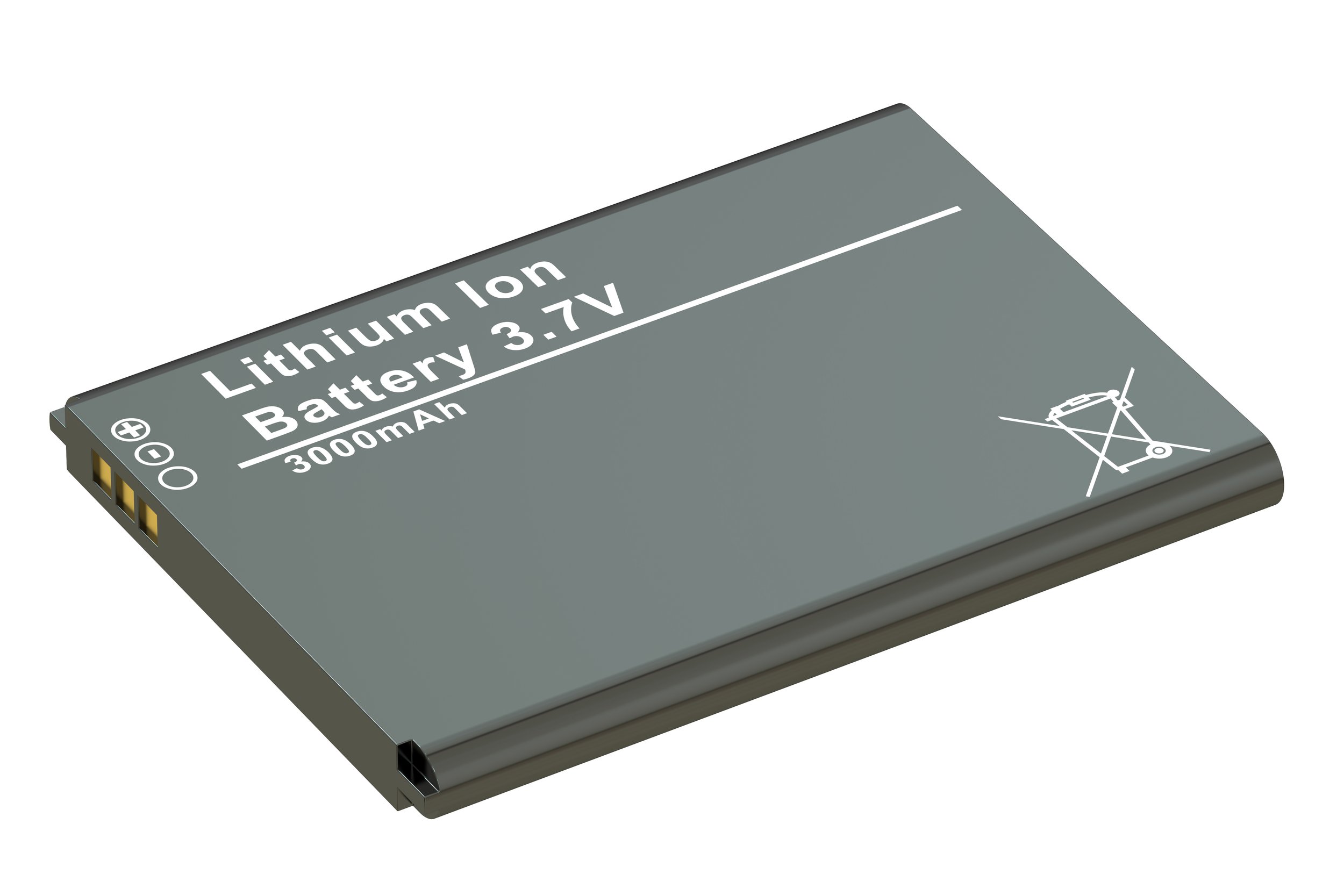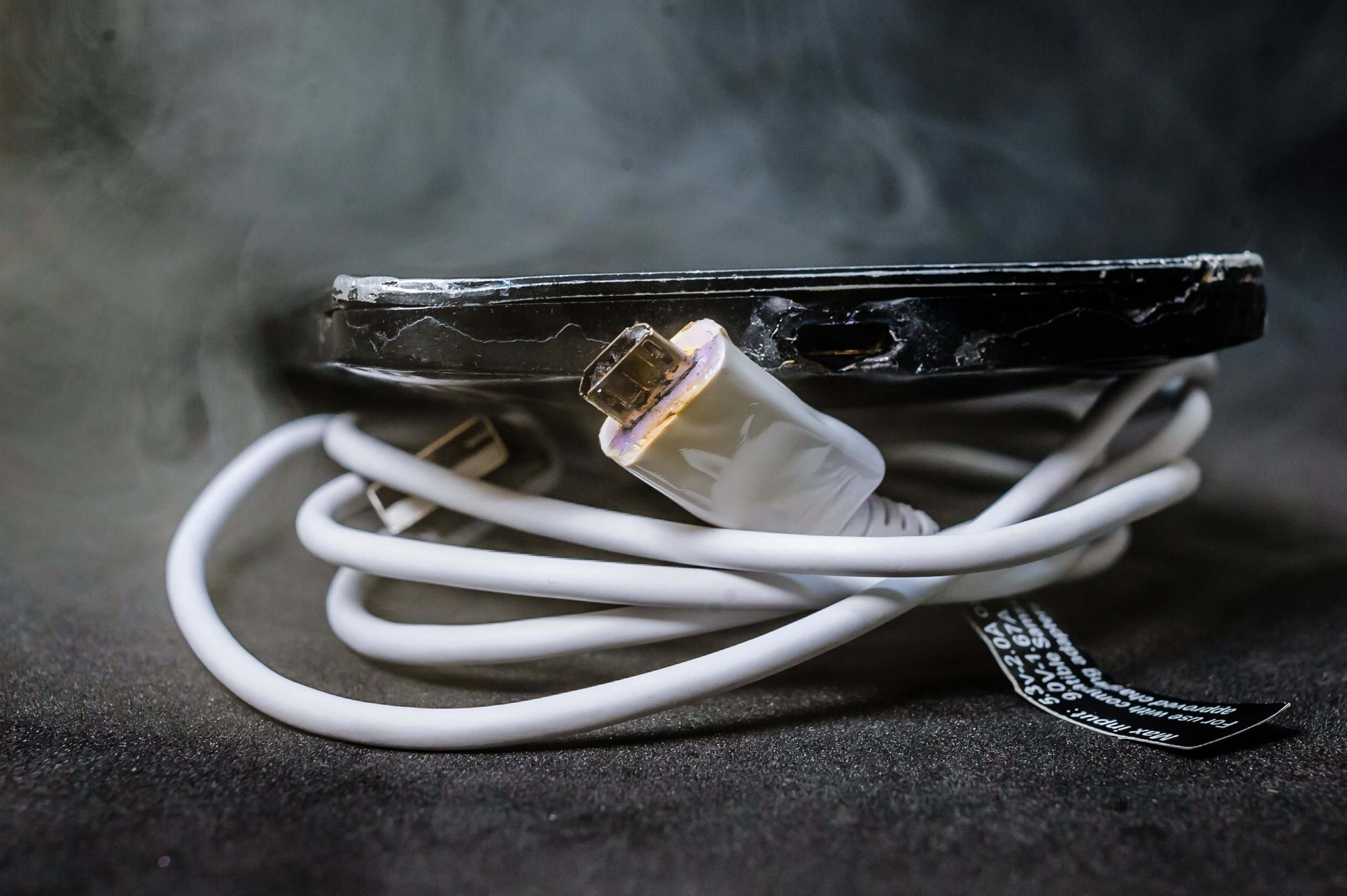THE DANGERS OF LITHIUM-ION BATTERIES
Its common knowledge that all electronic devices and appliances carry their own inherent risk of failure. These failures are self-contained and typically only affect the functionality of the devices themselves, but on occasion, certain kinds of failures can result in considerable damage not only to the devices in question, but also to their surrounding environments as well. Portable devices powered by batteries are no exception, and in fact can often pose more of a risk than plug-in devices; this is especially true for devices that use lithium-ion batteries.
When it comes to lithium-ion batteries, numerous dangers must be considered that are not present in other electronics, or even in standard lithium-metal batteries (those that are non-rechargeable). This is primarily due to the high energy density of lithium-ion batteries as well as the flammability of the electrolytic solutions they contain. Normally this is not an issue when devices containing these batteries are manufactured and handled correctly, however, not all of them are. Minor defects in these batteries at the time of manufacture along with user misuse, or lack of understanding in how these batteries work can sometimes lead to catastrophic results. For example, the presence of too much heat can trigger what is known as a Thermal Runaway, where excess energy in one cell causes adjacent cells to quickly release their energy in tandem, causing damage to the battery and its surrounding environment. Due to the high energy density present within lithium-ion batteries, this can result in a massive release of energy in a brief period of time – effectively even turning some of these batteries into incendiary devices, or miniature explosive missiles in a worst-case scenario.
Damage to a lithium-ion battery that can result in failure is not always immediate; improper charging and storage can also produce detrimental effects. Chargers that do not contain auto-shutoff protocols can result in overcharged batteries that weaken their device’s ability to hold a charge due to damage of the internal circuits. Likewise, storing lithium-ion batteries above or below 50% capacity can also result in a dangerous potential for failure, and it is not advised to store multiple devices containing lithium-ion batteries near each other for this reason.
By following the proper procedures and instructions for handling, charging, and safely storing each of our devices containing lithium-ion batteries, we can effectively minimize the potential for disaster arising from misuse. Utilizing local waste centers that can recycle these batteries instead of disposing of them is another way to help to protect both others and the environment from the dangers of potentially devastating failures posed by these batteries. Its up to each of us as consumers to be aware of the potential issues that come with the ownership of devices containing lithium-ion batteries, and to dispose of damaged or unused devices in accordance with proper guidelines.





